Swiss casinos hit by euro crisis
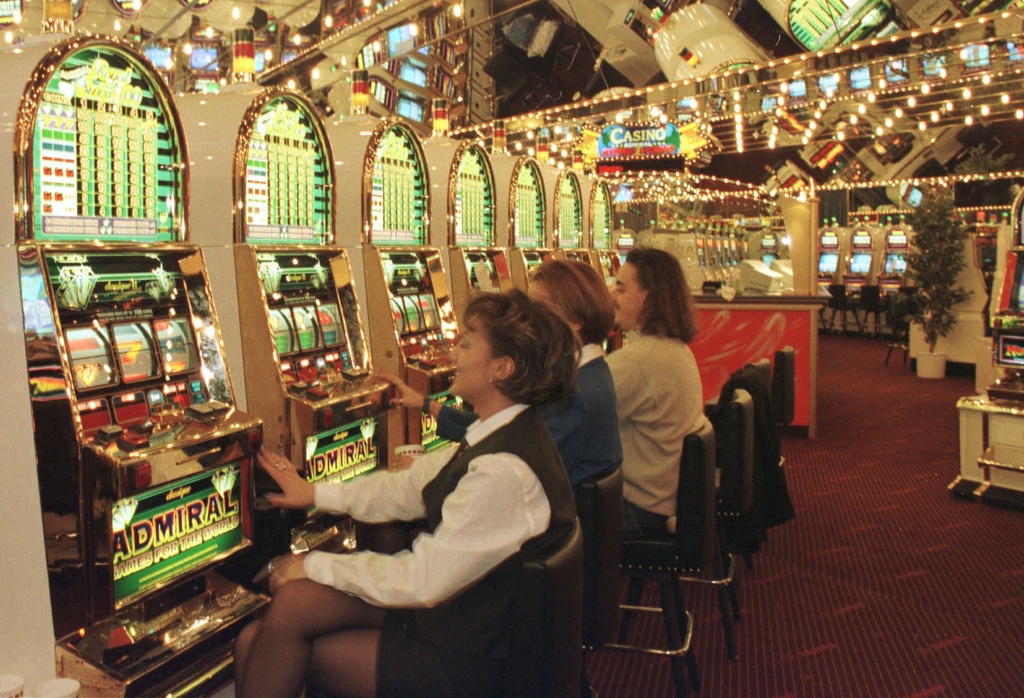
The weak euro is creating problems for Swiss casinos – and particularly those in Italian-speaking Ticino, which has the highest concentration of casinos in Europe.
This has had consequences for the federal government, which has seen its share of the gambling houses’ profits sink by millions of Swiss francs.
Ticino may not be Las Vegas, but it does have three casinos spread across just 2,800km² (from north to south, Locarno, Lugano and Mendrisio) as well as the largest casino in Europe situated at Campione d’Italia, an Italian enclave within the Swiss canton.
The reason for this is Ticino’s proximity to Italy, which only has four similar casinos across the whole of the country. Around 80 to 90 per cent of customers come from just over the border.
The situation is to the benefit of the federal government as casinos are obliged to pay part of their profits – on average around 50 per cent – to the state.
For example, SFr869 million ($934 million) in gross gaming revenue (the difference between the total amounts wagered minus the winnings returned to players) was generated by Switzerland’s 19 casinos in 2010, of which SFr387 million went to the old age and survivors’ insurance and another SFr63 million to the cantons for cultural and social projects.
In total, Ticino casinos earned SFr191 million, or more than 20 per cent of the total.
Economic woes
But they did better in the past, in particular 2005-2006. “The Campione building was still under construction and Italy had just introduced a smoking ban,” said Hubertus Thonhauser, director of the Casino of Lugano. This led to floods of Italian customers.
Then the Mario Botta-designed Campione opened and Ticino followed suit with the smoking ban. After that came the economic crisis and the arrival in 2009 of the ubiquitous video lotteries in Italy, which are similar to slot machines, and are in direct competition, he added.
The effects have been stark – gross gaming revenue at the southern Ticino casinos has fallen by around 30 per cent in four years (SFr150 million).
“The number of players hasn’t reduced, but the average betting amount per game has,” said Thonhauser.
“The situation is really difficult: we pay our employees and suppliers in Swiss francs but most games are played in euros, which have lost 25 per cent of their value since the beginning of 2010.”
Martin Hellrich, head of communications at the Admiral Casino in Mendrisio, situated just five kilometres from the Italian border, sees a similar situation, with “Italian players placing, in their view, the same amount of euros in bets which convert into fewer and fewer francs”.
“We have lost at least 40 per cent of our gross gaming revenue over the past years. We’re still profitable at the moment but we observe with concern the negative development of exchange rates,” he said.
Campione has also been hit – it is expected to end 2011 with a SFr25 million loss.
Thonhauser says the only way to tackle the situation is to go for a “anti-cyclical policy” as the exchange rate can’t be changed.
Investments and future
“The worst move would be to cut our services to clients. But we will still have to guarantee the best possible quality, including undergoing an internal reorganisation, to make sure that people don’t stop coming to the Casino of Lugano. And we are hoping for an upswing in the economy,” he said.
The casino has made investments aimed at a “medium to high purchasing power profile” such as upgrading the restaurant and slot machines and putting in a new lounge and nightclub.
Hellrich says that for now the Admiral Casino is reviewing procedures. But he adds: “if the strong franc doesn’t ease we’ll also have to make staff cuts”.
Another measure, says Thonhauser, would be a renegotiation of the “exorbitant” casino revenue share paid to the federal government by category A establishments – that have no limits on jackpots and numbers of machines (56 per cent for Lugano in 2010).
But the government rebuffed a request by a Ticinese parliamentarian earlier this month for a change in the share paid, saying that the proportion took into account the general economic situation and average casino profitability last year, which was around 15 per cent.
As to whether the Ticino casinos should join forces, Thonhauser is not against the idea but says the establishments are all very different: being either in different categories or, in Campione’s case, subject to Italian law.
And the future? “We can’t predict the situation for everyone but it’s realistic to assume that casinos will have to reduce their costs and investments if the exchange rate stays as it is,” said Hellrich.
Swiss voters agreed to lift a ban on gambling in a referendum in 1993.
The Swiss government granted the first round of concessions allowing casinos to be set up in 2001. The government awarded so-called Class A licences to seven casinos, all of which are allowed to operate with no upper limit imposed on bets.
There are now 19 members of the Swiss Casino Federation.
Casinos with B concessions are only allowed to offer three types of table games and up to 250 slot machines. They are also subjects to certain limits.
Earlier this year it was announced that Switzerland’s biggest city was finally set to get a casino following cabinet’s decision to grant additional applications. A project for a casino with a restricted licence in the town of Neuchâtel was also approved.
(Source, swissinfo.ch, Swiss Casino Association)
(Adapted from Italian by Isobel Leybold-Johnson)

In compliance with the JTI standards
More: SWI swissinfo.ch certified by the Journalism Trust Initiative
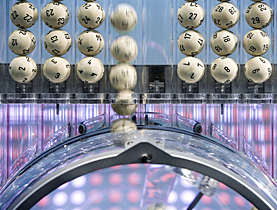
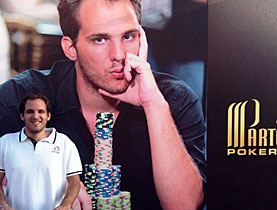
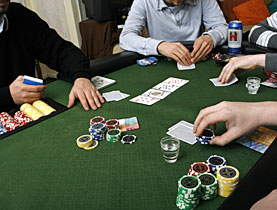
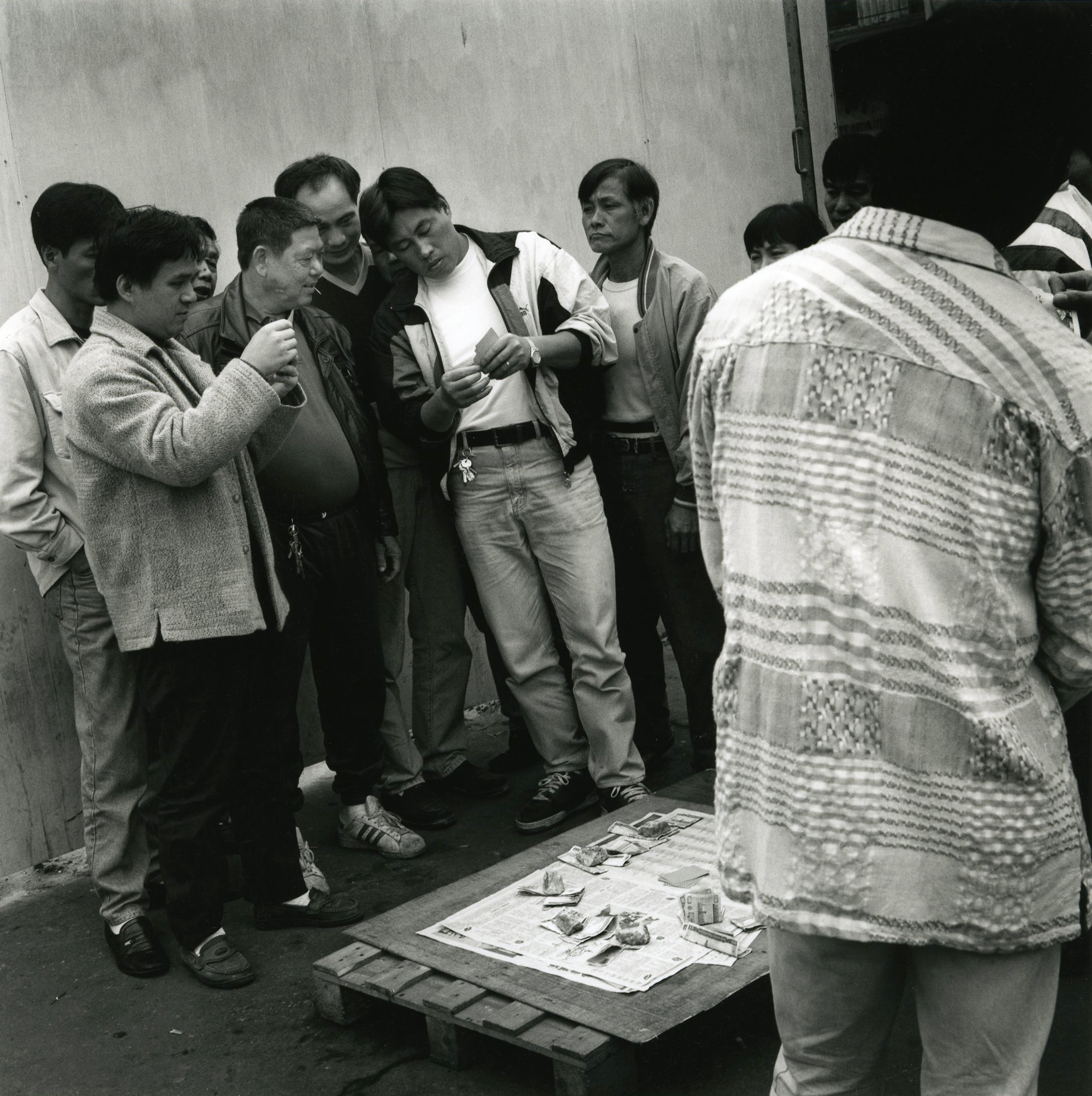
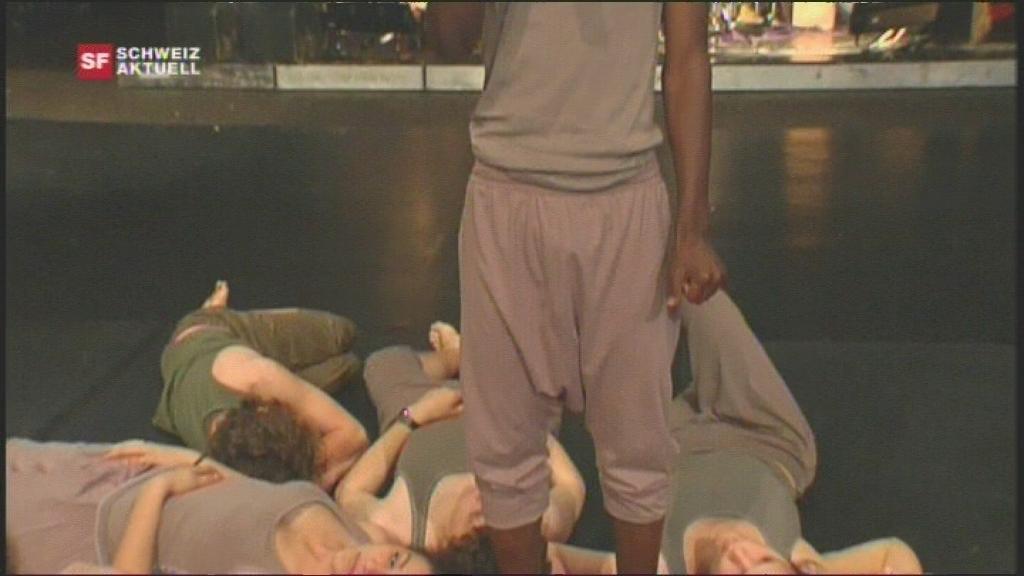
You can find an overview of ongoing debates with our journalists here. Please join us!
If you want to start a conversation about a topic raised in this article or want to report factual errors, email us at english@swissinfo.ch.